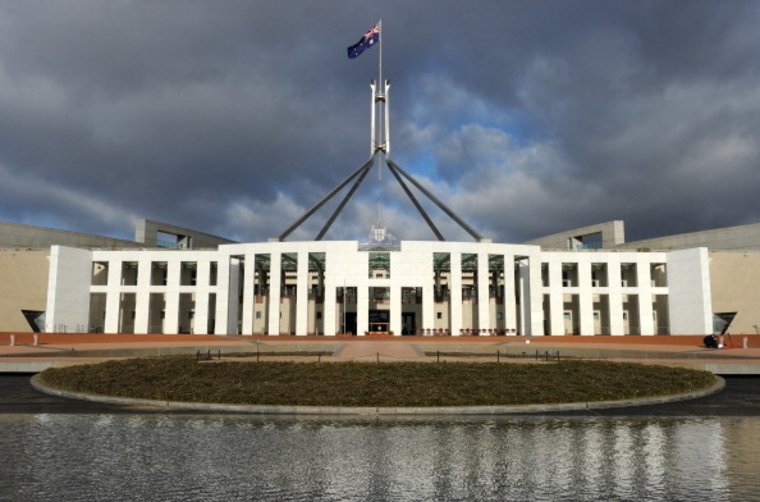A recent decision of the Turnbull Coalition government has affirmed the bedrock principles of Australia as a proud liberal democracy.
 The decision of the federal government to reject the proposal for a constitutionally enshrined "voice to parliament" for Aboriginal and Torres Strait Islanders was announced last week. The decision is a significant victory for the set of ideas upon which this country was founded.
The decision of the federal government to reject the proposal for a constitutionally enshrined "voice to parliament" for Aboriginal and Torres Strait Islanders was announced last week. The decision is a significant victory for the set of ideas upon which this country was founded.
The debate over the concept of the indigenous voice has been going on for some years.
A group of advocates, led by Noel Pearson, has pursued this idea as an alternative to the proposals for constitutional recognition that were put forward, first by the expert panel on constitutional recognition of indigenous Australians and then by the joint select committee on constitutional recognition of Aboriginal and Torres Strait Islanders.
But it was only after May 26 when the idea was adopted at the 2017 National Constitutional Convention, as part of the consultations conducted by the Referendum Council, that the proposal gained national prominence.
From that point the earlier proposals for constitutional recognition were essentially dead. The result of the discussion at the First Nations Convention was a document called "The Uluru Statement from the Heart".
The Referendum Council delivered its final report to the Prime Minister and the Opposition Leader on June 30. The government's official response is a clear enunciation of the principles that are the bedrock of liberal democracy. It is one of the most important documents published by this government because it affirms the values on which Australia was founded.
At the heart of the government's reasoning is the idea that all Australians are equal: "Our democracy is built on the foundation of all Australian citizens having equal civic rights — all being able to vote for, stand for and serve in either of the two chambers of our national parliament".
The government has based its decision in a democratic tradition that goes back at least to the time of Aristotle. It is a decision rooted in the idea that all citizens have an equal right to participate.
Conversely, the government's decision not to proceed with the indigenous voice is a rejection of racial identity politics. It is a denunciation of ideologies that treat human beings not as individuals but as members of a group based on race, skin colour, or national or ethnic background.
The government is right to push back against such a dangerous and divisive ideology. The government also brought attention to the political reality — the voice to parliament was never going to succeed at a referendum.
It is famously difficult to achieve the requisite support for constitutional change in Australia. The double hurdle contained in section 128 of the Constitution — a majority of the national vote, and a majority in at least four out of six states — has been cleared just eight times in 44 attempts.
The suggestion by some commentators advocating for change that there is enough support to achieve this double majority is based on wishful thinking, not a rational assessment of the facts.
Back in August, Omnipoll conducted an online survey — the Australian Constitutional Values Survey — which generated 1526 responses. It found support for a voice to parliament at 61 per cent. The results were released this week following the government's decision, attached to comments from a legal academic from UNSW making the brave claim that this online survey proved a referendum on the issue would be successful.
Many constitutional reform proposals that have started with much higher levels of initial support than the alleged 61 per cent in this case have gone on to lose.
The government was also right to raise another problem with the proposal: that "it would inevitably become seen as a third chamber of parliament".
Proponents of change have argued that the new body would have no veto power over the parliament. But if the "voice" is advisory only, then there is no need for it to be constitutionally enshrined because the Constitution is a document that establishes and distributes power between branches of government.
The significance of the decision should not be understated. At its core the decision was about whether the political structures set out in our Constitution are built on a foundation of individual rights and responsibilities. Every Australian should rejoice that our government has affirmed these foundations.
No comments:
Post a Comment